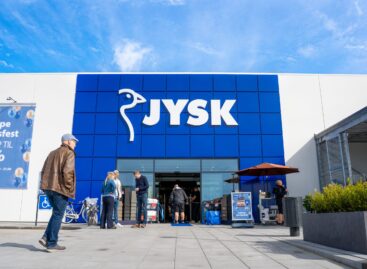Is environmentally conscious shopping really eco-friendly?
In our new 500-respondent consumer survey, we were trying to learn about the latest consumer opinion and habits related to environmental consciousness and sustainability.
This article is available for reading in Trade magazin 2023/6-7.

Guest writer:
Adrienn Dorogi
senior researcher
NMS Hungary
The majority of respondents agreed that environmental protection isn’t only the task of governments, but also of the people. Still, one third of consumers expect it and 55% like it if a company pays attention to protecting the environment when developing and manufacturing a product.
People engage in fewer “green” acts
While consumers have high expectations from companies, it seems that the proportion of their own green acts has reduced. One of the possible reasons is that people have less money to spend. For instance when buying a product, packaging is only ranked 6th on the list of factors based on which shoppers decide which one to purchase. Compared with the results of a sustainability survey from 2019, the proportion of consumers who select their waste collectively decreased by 14%, but 66% still make an effort to produce less communal waste.
Own bag = environmentally conscious shopping
What differentiates a green shopper from the average shopper the most? The former tries to avoid waste – food ending up in the bin. However, even these conscious shoppers use typically those supposedly environmentally friendly solutions which require no sacrifices or drastic changes from them. For example 69% of them bring their own bag to the store, instead of buying a new one all the time; 43% buy fruit and vegetables in multi-use textile bags. What can retailers and food companies do? The first step should be educating consumers, so that they can better decide whether the packaging they use is recyclable or not, and if the answer is yes, how it can disposed of selectively. //
Related news
Cheese-cocoa-peach jam: these are the most popular cookie flavors
🎧 Hallgasd a cikket: Lejátszás Szünet Folytatás Leállítás Nyelv: Auto…
Read more >Related news
Nestlé to sell remaining ice-cream assets but commits to Froneri venture
🎧 Hallgasd a cikket: Lejátszás Szünet Folytatás Leállítás Nyelv: Auto…
Read more >Lidl guarantees fairer prices for cocoa farmers
🎧 Hallgasd a cikket: Lejátszás Szünet Folytatás Leállítás Nyelv: Auto…
Read more >







